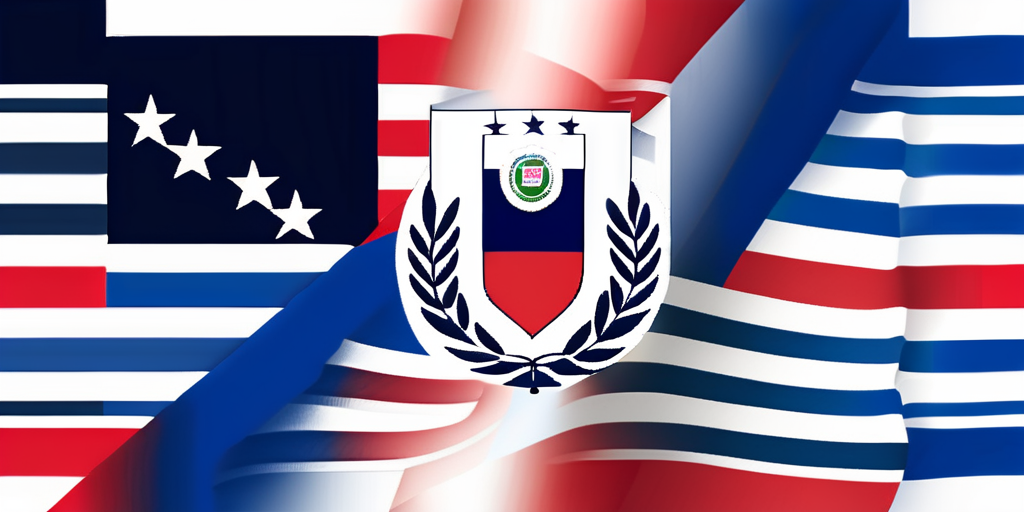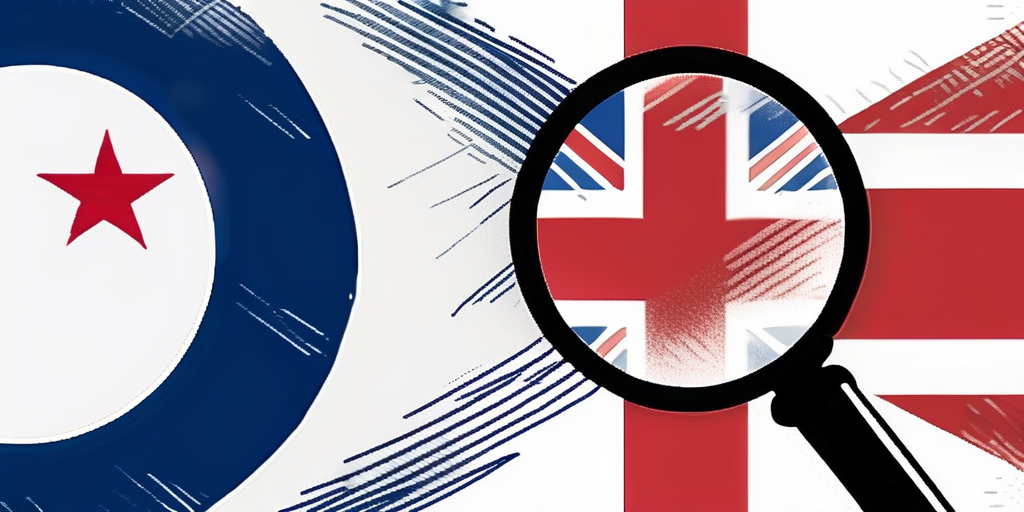Paraguay’s involvement with Interpol, the international police organization, has been a significant aspect of its law enforcement efforts. Understanding Interpol’s role globally is crucial in comprehending Paraguay’s association with this prestigious organization. In this article, we will delve into the history, impact, controversies, and future prospects of Paraguay’s Interpol involvement.
Understanding Interpol’s Role Globally
Interpol’s mission and objectives serve as the foundation for its global reach and influence. Established in 1923, Interpol aims to promote cross-border police cooperation and collaboration. With 194 member countries, it facilitates the exchange of information, intelligence, and best practices, fostering effective crime control and prevention.
The organization’s primary objectives include assisting law enforcement agencies in combating transnational crimes, coordinating international police operations, and developing global police standards and capabilities. By providing a platform for countries to work together, Interpol plays a vital role in maintaining global security and promoting the rule of law.
Interpol’s Mission and Objectives
Interpol’s mission centers on enabling police around the world to work together effectively. It aims to prevent and combat crime through enhanced international police cooperation. The organization’s objectives include promoting the widest possible mutual assistance among all law enforcement authorities, developing and promoting new methods of preventing and detecting criminal offenses, and establishing and maintaining systems for the rapid exchange of information on criminal activities.
Interpol’s Global Reach and Influence
Interpol’s global reach extends beyond its member countries. It collaborates closely with international organizations, such as the United Nations and the World Customs Organization, to tackle transnational crime. Through its various databases and communication networks, Interpol collects, analyzes, and disseminates vital information, enabling law enforcement agencies worldwide to identify and apprehend criminals.
The organization’s influence is far-reaching, as countries use Interpol’s channels to request assistance and obtain intelligence regarding criminal activities. This collaborative system has proven crucial in combating various transnational crimes, including terrorism, drug trafficking, cybercrime, and human trafficking.
Paraguay’s Association with Interpol
Paraguay’s history of Interpol membership dates back several decades. Understanding the country’s association with this international organization provides insights into its commitment to global law enforcement cooperation.
Historical Overview of Paraguay’s Interpol Membership
Paraguay became a member of Interpol in 1949, demonstrating its early recognition of the importance of international police collaboration. Over the years, Paraguay has actively participated in Interpol’s initiatives, contributing to the fight against transnational crime. The country’s membership has been instrumental in enhancing its law enforcement capabilities and strengthening its international partnerships.
Key Figures in Paraguay’s Interpol Involvement
Paraguay’s Interpol involvement has been supported by key individuals within its law enforcement agencies. Dedicated professionals, such as police officials and Interpol representatives, have played a vital role in ensuring effective cooperation with the international organization. Their expertise and commitment have contributed to Paraguay’s ability to leverage Interpol’s resources and support in addressing complex crime challenges.
Interpol’s Impact on Paraguay’s Law Enforcement
Paraguay’s association with Interpol has had a profound impact on its law enforcement efforts, particularly in terms of enhancing criminal investigation capabilities and bolstering border control measures.

Enhancing Paraguay’s Criminal Investigation Capabilities
Interpol’s expertise and resources have benefited Paraguay in various aspects of criminal investigations. Law enforcement agencies in Paraguay have access to Interpol’s extensive databases, allowing them to identify and track down international criminals more effectively. This collaborative platform has facilitated the sharing of information and intelligence, which is crucial for solving complex cases with cross-border links.
Training programs and capacity-building initiatives conducted by Interpol have also contributed to the professional development of Paraguay’s law enforcement officers. By equipping them with the necessary skills and knowledge, Interpol has enabled Paraguay’s police force to stay abreast of evolving crime trends and employ advanced investigation techniques.
Interpol’s Role in Paraguay’s Border Control
Paraguay faces unique challenges in securing its borders due to its geographical location. Interpol’s assistance in strengthening border control measures has proven invaluable. Through platforms such as Interpol’s Stolen and Lost Travel Documents database, Paraguay’s immigration officers can detect fraudulent travel documents and identify individuals with criminal intent.
Interpol’s support in establishing efficient information-sharing systems between Paraguay and other countries has contributed to better border management. This collaboration enables Paraguay to screen individuals entering or leaving the country more thoroughly, reducing the risk of transnational crime and terrorism.
Controversies and Challenges in Paraguay’s Interpol Involvement
Despite the positive impact of Paraguay’s Interpol involvement, it has encountered controversies and faced challenges that are inherent in international policing cooperation.

Criticisms and Controversial Cases
Paraguay’s Interpol involvement has not been without its share of criticisms and controversial cases. Some critics argue that Interpol’s mechanisms may be susceptible to abuse by certain member countries, potentially leading to politically motivated prosecutions or the wrongful targeting of individuals. Such concerns highlight the complex nature of international police cooperation and the need for robust safeguards to protect individual rights and prevent misuse of Interpol’s resources.
Overcoming Challenges in International Policing Cooperation
Paraguay has recognized the challenges that arise in international policing cooperation and has actively worked towards overcoming them. By establishing strong legal frameworks and ensuring adherence to international human rights principles, Paraguay aims to mitigate the risks associated with cross-border law enforcement activities. Additionally, ongoing dialogues and collaborations between Paraguayan authorities and Interpol seek to address any challenges and build consensus regarding best practices.
Future Prospects of Paraguay’s Interpol Involvement
Looking towards the future, Paraguay’s Interpol involvement holds promising prospects. The country is committed to further enhancing its collaboration with Interpol and leveraging its resources to address emerging crime threats and strengthen its law enforcement capabilities.

Potential Developments in Paraguay’s Interpol Collaboration
Paraguay aims to explore potential developments in its collaboration with Interpol. This includes expanding its expertise in specific crime areas, such as cybercrime and human trafficking, by capitalizing on Interpol’s specialized resources and training programs. The country also intends to strengthen its partnerships with other member countries by fostering information-sharing networks and participating in joint operations to combat transnational crime more effectively.
The Future of International Policing in Paraguay
Paraguay’s Interpol involvement is indicative of its commitment to international policing and the global fight against crime. As the country continues to evolve and adapt to new crime challenges, its partnership with Interpol will play a crucial role in maintaining public safety and upholding the rule of law. By embracing future technological advancements and pursuing innovative approaches, Paraguay aims to be at the forefront of international policing efforts.
In conclusion, Paraguay’s involvement with Interpol has been instrumental in strengthening its law enforcement capabilities, enhancing international cooperation, and combating transnational crime. Through its partnership with Interpol, Paraguay has gained access to crucial resources, expertise, and networks, enabling it to address complex crime challenges more effectively. While controversies and challenges persist, Paraguay remains committed to leveraging Interpol’s support and contributing to the future of international policing.
